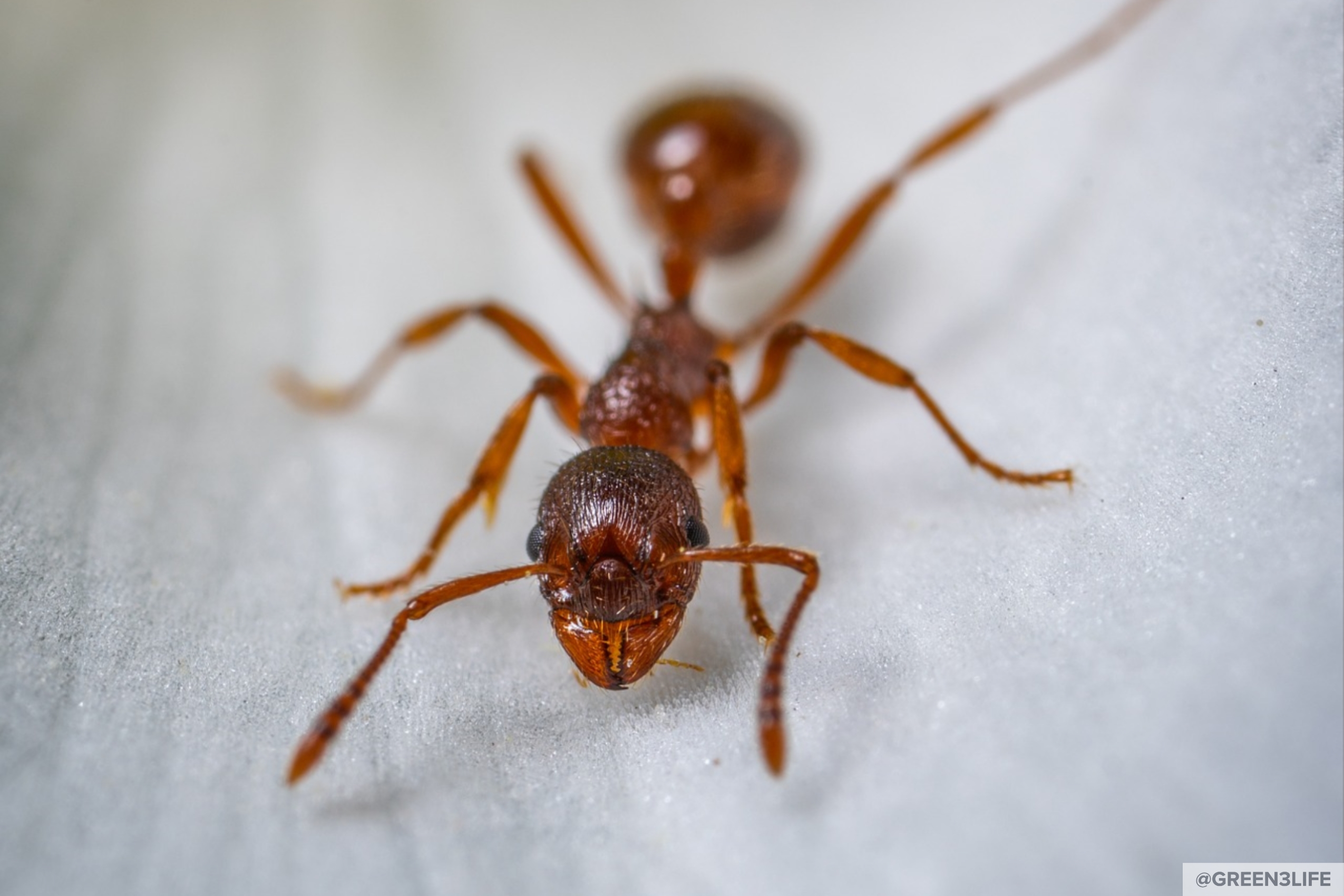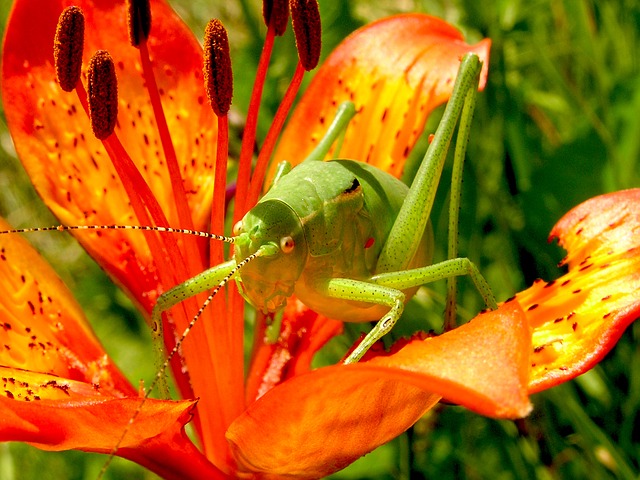This article contains affiliate links, find out more here by reading our policy and disclosures
Let’s be honest, buying organic can get expensive at times. There’s nothing like walking into Whole Foods with healthy intentions and the first thing you see is a tiny bag of organic onions on sale for $10. That’s enough to make anyone turn around and say “I’ll risk it.”
Don’t walk out of the store just yet. Just make sure that when you shop organic, you’re spending your money on the right things so you’ll get the most out of your organic purchases. We know the process of deciding what to buy and what not to buy organic can be tricky. There’s a lot of healthy fruits and vegetables out there that have a very unhealthy amount of pesticide residue on them. In order to help you shop smarter and avoid pesticide laden produce, we’ve brought you a list of the top 5 foods you should definitely buy organic.
Number 5 – Apples
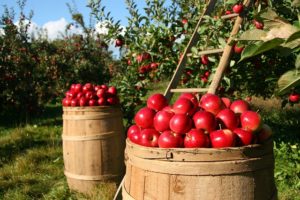
We may need to put an asterisk next to the saying, “An apple a day keeps the doctor away.” Yes, unfortunately apples made the list, the top five in fact. No worries though, organic apples are typically priced well and shouldn’t cost too much more than the non-organic options. If you catch them on sale, all the better, that’s just more organic apple pie for everyone.
Number 4 – Nectarines
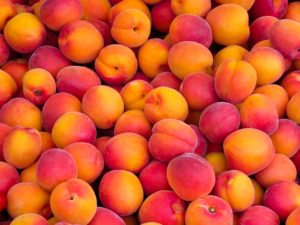
Nectarines -Just a fancy word for little peaches. This one snuck into the top five but don’t let it sneak into your shopping basket without being organic. The higher up the list we go, the higher the levels of pesticides.
Number 3 – Kale
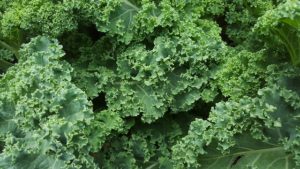
This one is a heart breaker but yes kale is on the list. Beloved by many as a healthy addition to salads and a staple of almost any type of health conscious smoothie, kale has positioned itself in the number 3 spot.
With the growing popularity of kale, it shouldn’t be too difficult to find it organic. From our research, the price of organic kale is fairly comparable to non-organic kale.
Number 2 – Spinach
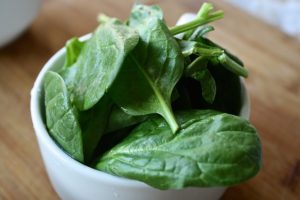
Throughout history, many kids have turned their noses up at this little green vegetable. Maybe if the spinach were organic, it would have been a different story. Or maybe not. Either way if you decide to buy some spinach for yourself or your family, definitely try to find it organic.

